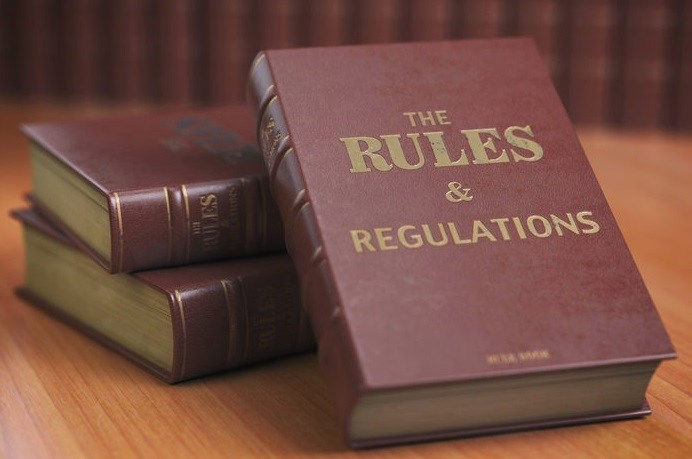For The Critics . . .
- SJ Newell

- Feb 11, 2025
- 4 min read
Updated: Aug 20, 2025

If you’re familiar with The Objective Believer, you may have witnessed the following:
Someone in the comments section issues a criticism of my content. Regardless of the nature of the criticism, I respond with, “If I said something untrue, please provide the quote”
—-The majority of the time, the discussion will end without ever proceeding beyond this point.
This is by design.
The methodology was developed and honed through countless debates spanning multiple decades and serves two primary objectives:
1. Identify and remove any falsehoods that could possibly be in the content.—-hence the reason for the question “what did I say that is untrue?”
And . . .
2. Identify and avoid areas of disagreement that--due to their ongoing or subjective nature—tend to inherently lack resolution.
How it works
I am extremely meticulous about the way I structure my statements within my content. There is a reason I say the things I say, in the exact way that I say them. By asking someone to quote me, it forces them to interact with those statements as opposed to an impression they may have gotten from them. This alone eliminates anywhere from eighty to ninety percent of needless discussions, because obviously, I can only answer for the former.
Furthermore, if you think about it, once it’s established that a statement is true (or at least, not a lie---such as speculation or questions), the only thing really left for people to criticize is the context in which these emerge. Someone, somewhere will inevitably claim that certain elements of what you said should have been omitted. Others will claim elements should have been included. And still, others will insist that none of what was said is relevant to the subject at hand and therefore should not have been said at all. And while all of these can be and will be argued—-you’re not going to find any kind of authority or consensus regarding them.
For this reason, they will always lack resolution and remain up for debate. I’ve found that you may as well be arguing about one's favorite food or sport’s team.
As the author of the content, all I can do is share the truths and information that I believe are important to the subject at hand, and invite others to contribute the same.
Known Derailers
In the interest of full transparency, I’ve found there are a couple of factors that can still cause the conversation to carry on longer than usual:
1. A Misunderstanding
Sometimes a person actually does provide a quote of mine, claiming that it’s false. Yet upon closer inspection, the quote was misunderstood. Once I issue a clarification, the remainder of the discussion typically follows the predicted path and dissolves.
2. “False Flag Pivot”
A sort of hybrid of a non sequitur and a bait and switch. It’s rare but it does happen from time to time, especially among critics who are more familiar with my approach: A person will quote me and claim that what I said was false, but when explaining why or how, they shift to a complaint that sounds more like the earlier discussion regarding context.
In other words, what I said was indeed true but they are calling it false in order to keep the conversation going, and branch into a different topic.
This looks something like this:
My Statement:
“Joel Osteen has said multiple times that Jesus is Lord”
Critic’s response:
“That actually isn’t true. Joel Osteen is a false teacher who promotes the prosperity gospel”
Notice, the claim that my statement is untrue—is itself false. Osteen has said multiple times that Jesus is Lord, and this can be demonstrated. But the denial is being used to pivot the conversation in another direction. The individual likely feels that even though Osteen has said that Jesus is Lord, this fact isn’t as important as their belief that he is a false teacher and therefore, that’s what they would rather talk about.
It’s subtle, but you can see how it’s a fallacious claim that really just leads us back into the subjective arena of what should or shouldn’t be said, rather than what is or isn’t true.
And this one tends to get more convoluted as you attempt to untangle it---the person often refusing to budge when pressed for clarity regarding what exactly is the lie. It’s difficult to tell if people are doing this on purpose, or if they genuinely don’t see a difference between:
An objectively true statement that exists in a context they don’t like
vs.
A statement that is actually false.
Maybe It’s Me
It deserves to be noted that it’s also entirely possible that something else is going on in these interactions—something I don’t fully understand, even when I try. If such is the case, there aren’t too many pathways forward.
One possible remedy might be to involve a more neutral third party when this dynamic appears in hopes of them being able to mediate and bring clarity for both sides.
Feedback is always welcomed.





Comments